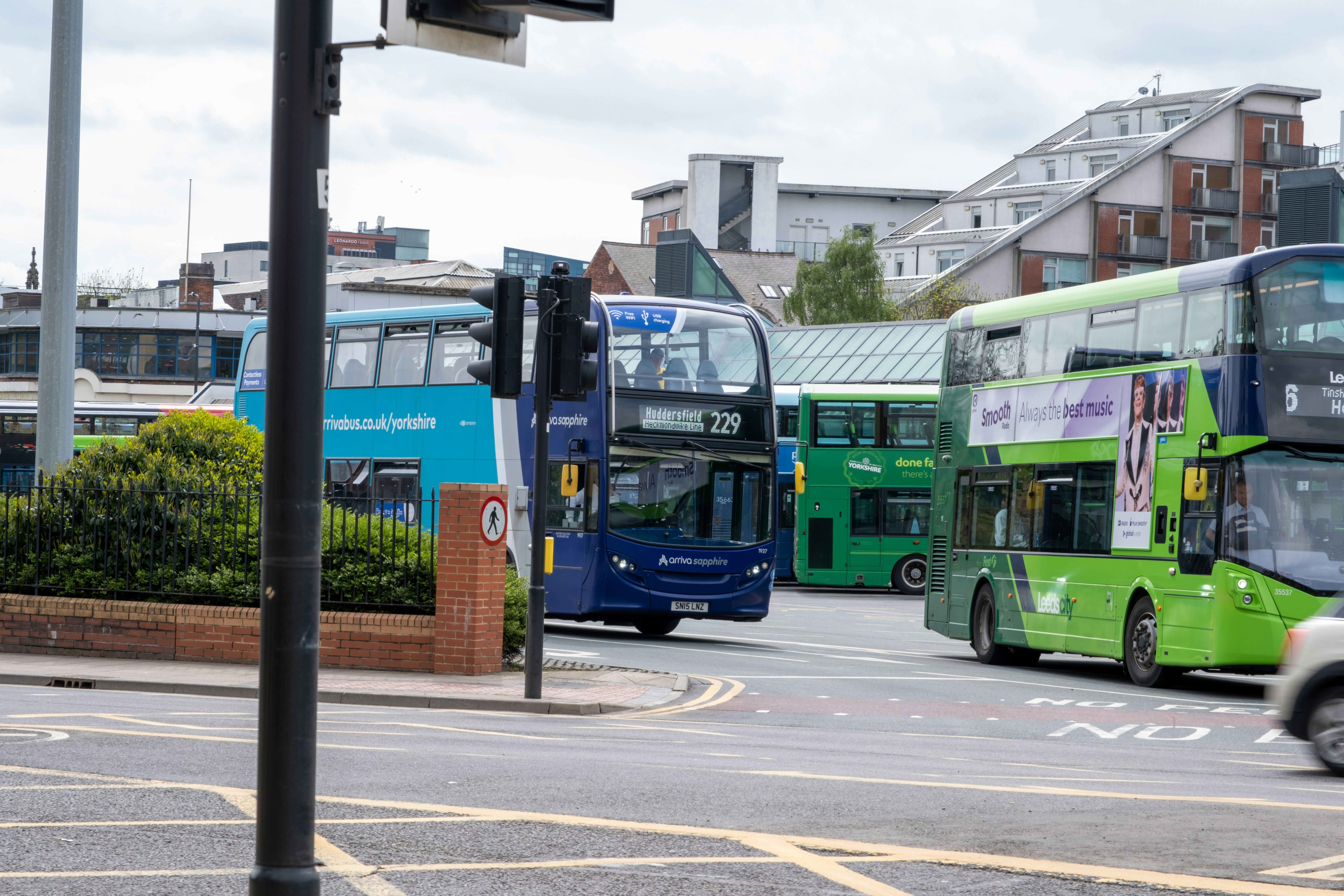The Government has said that nearly £1 billion in funding will be shared between local authorities and bus operators in England, with the aim of making “London-style” services a reality outside the capital city.
The exact figures were confirmed in November by the then-Transport Secretary Louise Haigh, who has since resigned and been succeeded in the post by Heidi Alexander.
Some £955 million in all has been earmarked to support bus services until 2026, with local councils getting £712 million of this, and bus companies being handed the remaining £243 million.
This, the Government stated, represented “a record level of recent investment for bus improvements for the majority of areas, alongside once-in-a-generation reform to deliver London-style bus services to every corner of the country.”
It isn’t just about the numbers, but also a change in philosophy
In its unveiling of the funding, the Department for Transport (DfT) has been keen to underscore that the money isn’t merely a financial boost for English bus services, but has also been allocated on the basis of levels of deprivation and population.
This marks a significant change from the approach taken under the previous Conservative Government, where local areas were forced to compete for investment.
That particular model, the still only months-old Labour Government claimed, had the effect of wasting resources and delaying decisions.
The current Sir Keir Starmer-led administration said that in recent years, bus services had suffered from complicated and inconsistent funding, which ultimately affected the passenger experience.
By contrast – the DfT stated – the new approach was simpler, gave bus providers the certainty they had long requested, and would bring particular benefit to localities that have historically been underserved, such as small towns and rural areas.
The department cited a number of areas as being in line for “unprecedented” levels of funding, including Leicester, the Isle of Wight, Torbay, and Cambridgeshire and Peterborough.
Minister promises to “end the postcode lottery of bus services”
Ms Haigh, speaking at the time of the announcement, said the Government was “reforming funding to deliver better buses across the country and end the postcode lottery of bus services.”
She said to the BBC’s Sunday with Laura Kuenssberg programme that bus services’ frequency and reliability would “vastly improve” as a result of the cash injection, particularly in rural areas.
Looking forward, the Government is set to introduce the Buses Bill, which will aim to give local transport authorities across England new powers to take control of bus services.
Under the proposals, local councils would be entitled to put in place a London-style franchising system, empowering them to decide routes, timetables, and fares. Operators would be able to bid to run the services for a fixed fee.
The Government has also vowed to lift a ban on publicly owned bus companies.
Our transport consultants at Transport Planning Associates (TPA) stand ready to advise and guide you on various aspects of transport planning and infrastructure. Please enquire today to your nearest TPA office for further information.





